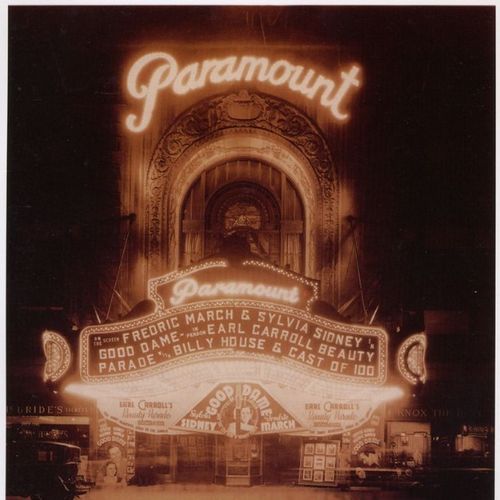What was the Paramount Decision?
Sep 17, 2022 · 2 mins read
0
Share

When you go to see a movie at a movie theater it's pretty common to assume that the theater is owned by an independent company, but it wasn't always that way. Since the dawn of the studio system the business of making movies was completely controlled by a studio.
Save
Share
The decision resulted in an increase of independent movie theaters in the coming decades, an increase of independent producers & studios who made films outside the studio system, creative freedom to behind -he-camera talent & actors, and the weakening of the Hays Code.
Save
Share
We're talking about "Vertical Integration" which meant that Hollywood studios had full control over the writing, producing, distributing and exhibition of their films. Most of them having movie prints that only worked in their movie theater projectors.
Save
Share
The legal issues originated in the silent era, when the Federal Trade Commission began investigating film companies for potential violations under the Sherman Antitrust Act of 1890 which prescribes the rule of free competition among those engaged in commerce.
Save
Share
This seemed to be a great system for the Big Five (Paramount Pictures, MGM, Warner Bros., 20th Century Fox, & RKO Pictures) & the Little Three (Universal Pictures, Colombia Pictures, & United Artists) because it created a oligopoly in which no other competition could challenge.
Save
Share
This resulted in the case of United States v. Paramount Pictures, Inc in 1948 (also known as the Paramount Decrees) in which the major studios had to divest their ownership of movie theaters and saw an end to the golden age of Hollywood.
Save
Share
The Paramount Decree had been in effect until a Department of Justice 2019 review determined that the antitrust restrictions were no longer necessary as the old model could never be recreated in contemporary settings. A 2-year sunsetting period was applied in August 2020.
Save
Share
The major violation only partly had to do with their vertical integration, but with a practice known as "Block Booking" in which they would force independent theaters to purchase blocks of films that usually included a lot of b-movies in order to get the "blockbuster" film.
Save
Share
Ultimately, in 1938, the U.S. Department of Justice sued all the major studios for illegal trade practices and this led to the U.S. government issuing a consent decree for studios to break up their oligopoly by November, 1943. The studios didn't fully comply.
Save
Share
With the rise of television, the major studios felt an end to exclusivity over their ability to re-release from their extensive early film library & sold most of it to other companies. The exception being Disney who created a holding company in Buena Vista Distribution.
Save
Share
0